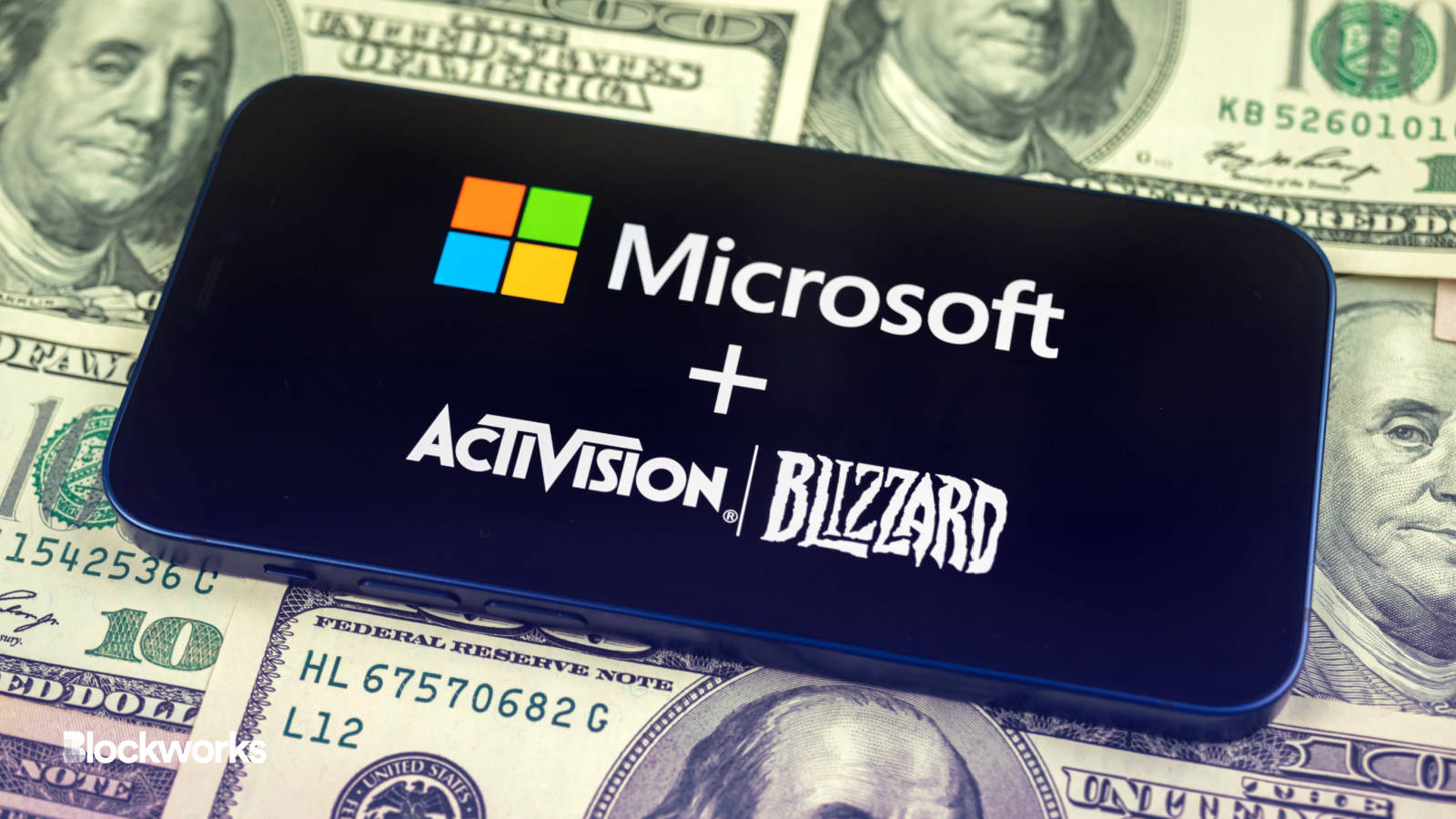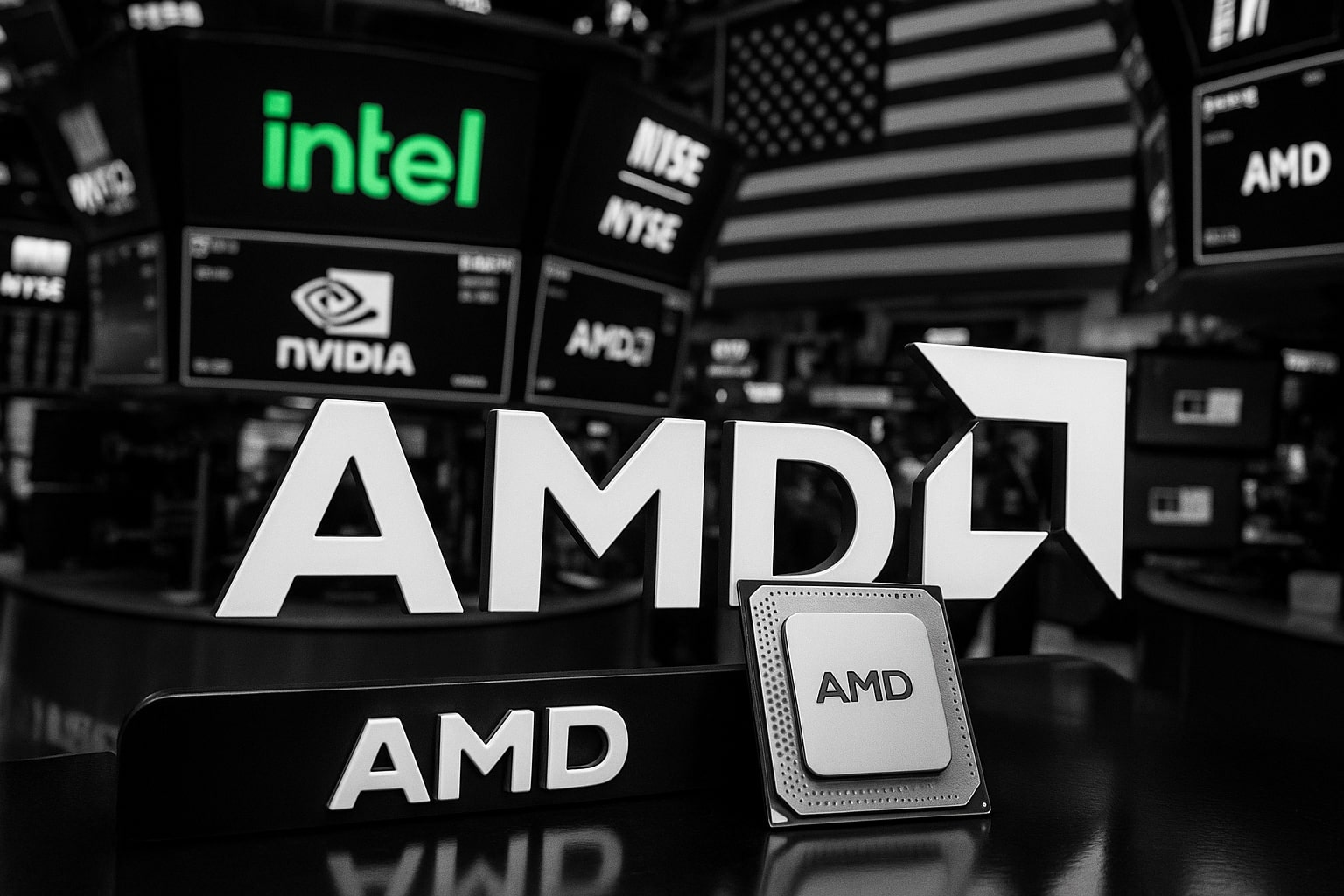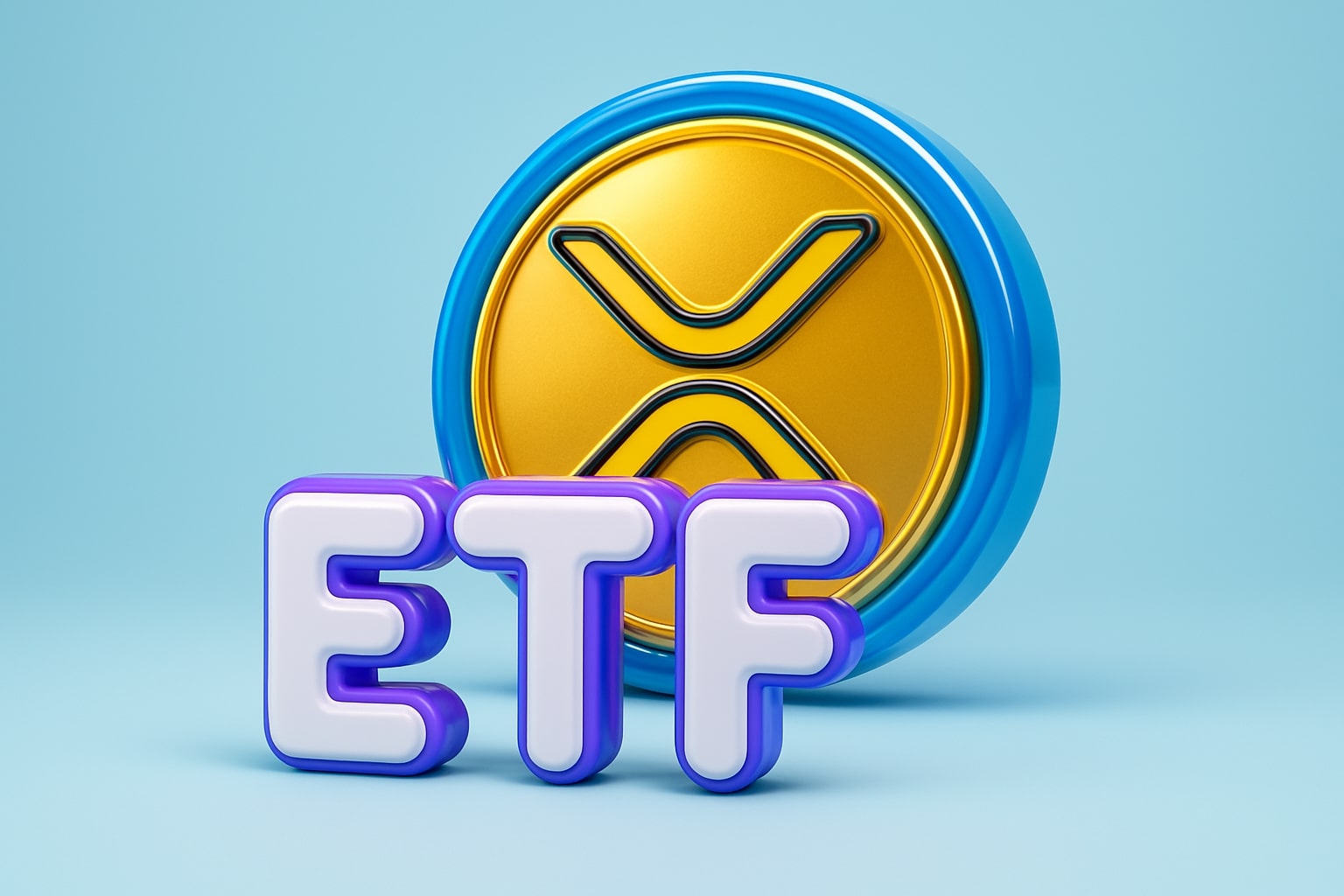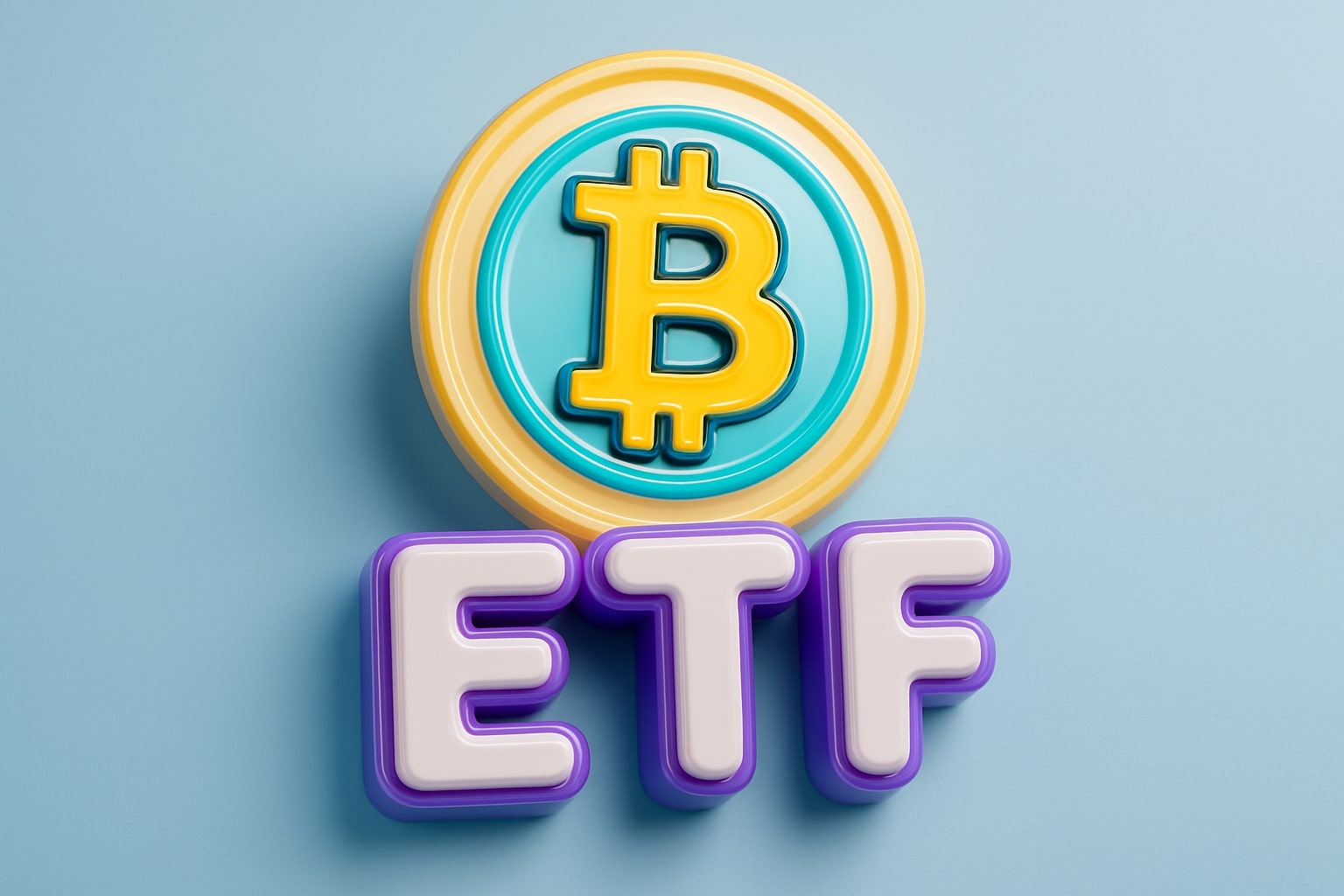
EU Approves Microsoft's $69B Activision Deal-Financial Impact Analysis
Contrasting Global Regulatory Responses Highlight the Financial Stakes in the Emerging Cloud Gaming Market
Microsoft's monumental $69 billion acquisition of Activision Blizzard, poised to be the most significant deal in gaming history, has received approval from European Union regulators, marking a significant moment in global financial regulatory landscapes. The EU's endorsement, however, starkly contrasts the stances taken by the UK and US regulatory bodies, where concerns about potential monopolistic impacts on the burgeoning cloud gaming market have resulted in legal opposition.
The European Commission's validation of the deal hinges on Microsoft's commitment to maintaining market competition. Microsoft pledged to permit cloud gaming competitors to offer Activision's high-profile titles, such as Call of Duty, on their platforms for a ten-year period. This condition is designed to stave off antitrust concerns and prevent the potential monopolization of the cloud gaming industry by a single corporate entity.
However, the acquisition's fate remains uncertain, pending approval from the US and the UK. The US Federal Trade Commission launched a lawsuit in December to obstruct the merger. A resolution on this is not anticipated until the end of the year. Simultaneously, the UK's Competition and Markets Authority (CMA) has raised objections, arguing that the deal could consolidate Microsoft's dominance in the cloud gaming market by providing it control over leading games like Overwatch and World of Warcraft.
The EU's approval represents a financial boon for Microsoft and Activision, offering potential growth opportunities within the cloud gaming market, currently estimated to comprise 1% to 3% of the total gaming industry. Margrethe Vestager, EU antitrust chief, praised the merger, suggesting it could catalyze the cloud streaming market's growth.
Activision's CEO, Bobby Kotick, and Microsoft's President, Brad Smith, both celebrated the EU's approval. They emphasized that the commitments would empower European consumers, potentially leading to increased revenue streams by allowing millions of users to stream Activision’s games using any cloud gaming services within the EU region.
However, the CMA remains concerned about the financial implications of Microsoft’s potential dominance in cloud gaming. They argue that without the merger, Activision could independently offer games on cloud platforms, fostering a more competitive and financially diverse market environment.
The acquisition has sparked global financial scrutiny due to its potential to reshape the console and cloud gaming market significantly. Microsoft's strategic move towards cloud gaming is seen as a bid to secure a larger share of this emergent industry sector, potentially driving revenue growth. The prospect of Microsoft maintaining exclusivity over Activision games on its platforms raises serious concerns about market competition.
Despite the EU's approval, Microsoft's acquisition still faces significant financial and legal hurdles. It is currently appealing the UK regulator's decision and dealing with the ongoing case with the FTC in the US. The acquisition is also under review in several countries, and while some have given their approval, the completion of the deal largely depends on the outcomes in the US and UK. The financial ramifications of these decisions will undoubtedly have a significant impact on the global gaming industry's future landscape.
Read More
-
SCHD ETF Holds Ground With 3.6% Yield as Dividend Investors Eye Stability Over Growth
15.10.2025 · TradingNEWS ArchiveStocks
-
Ripple XRP (XRP-USD) Steadies at $2.43- SEC Shutdown Freezes ETF Decisions, Inflows Hit $61.6M
15.10.2025 · TradingNEWS ArchiveCrypto
-
NG=F Falls to $2.99 as Record Supply Outpaces Demand Despite 16.9 Bcf/d LNG Exports
15.10.2025 · TradingNEWS ArchiveCommodities
-
USD/JPY Price Forecast - Yen Weakens to 151.30 Amid Dollar Selloff
15.10.2025 · TradingNEWS ArchiveForex


















